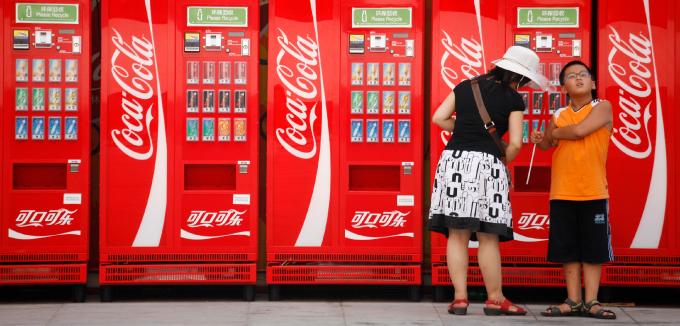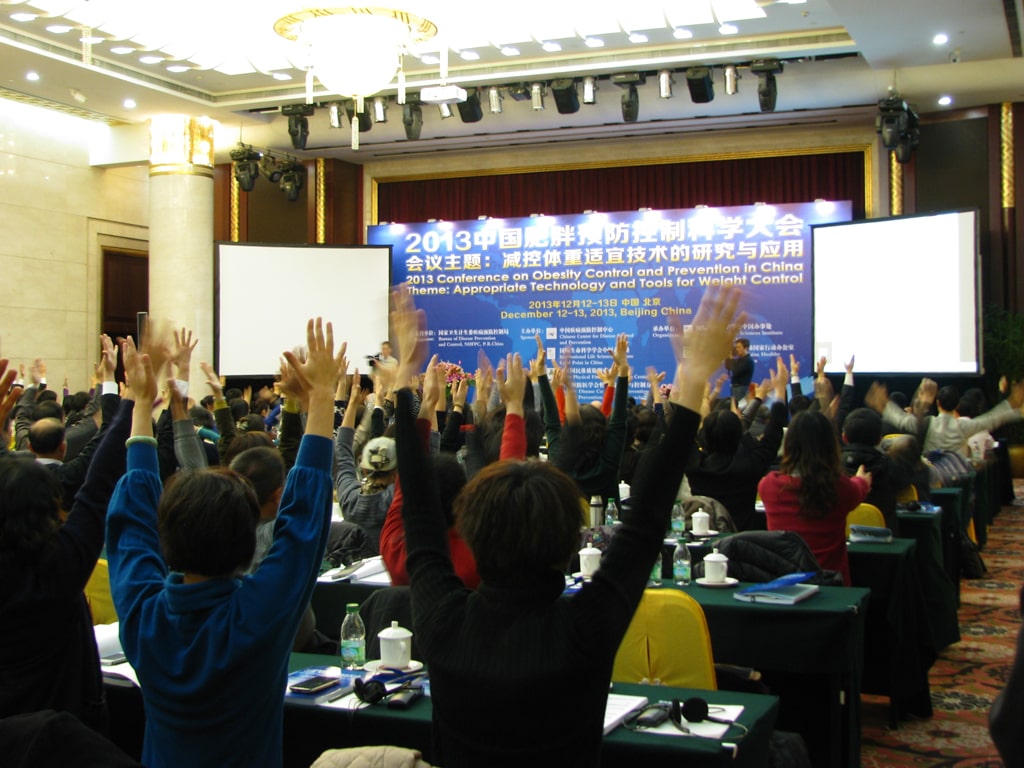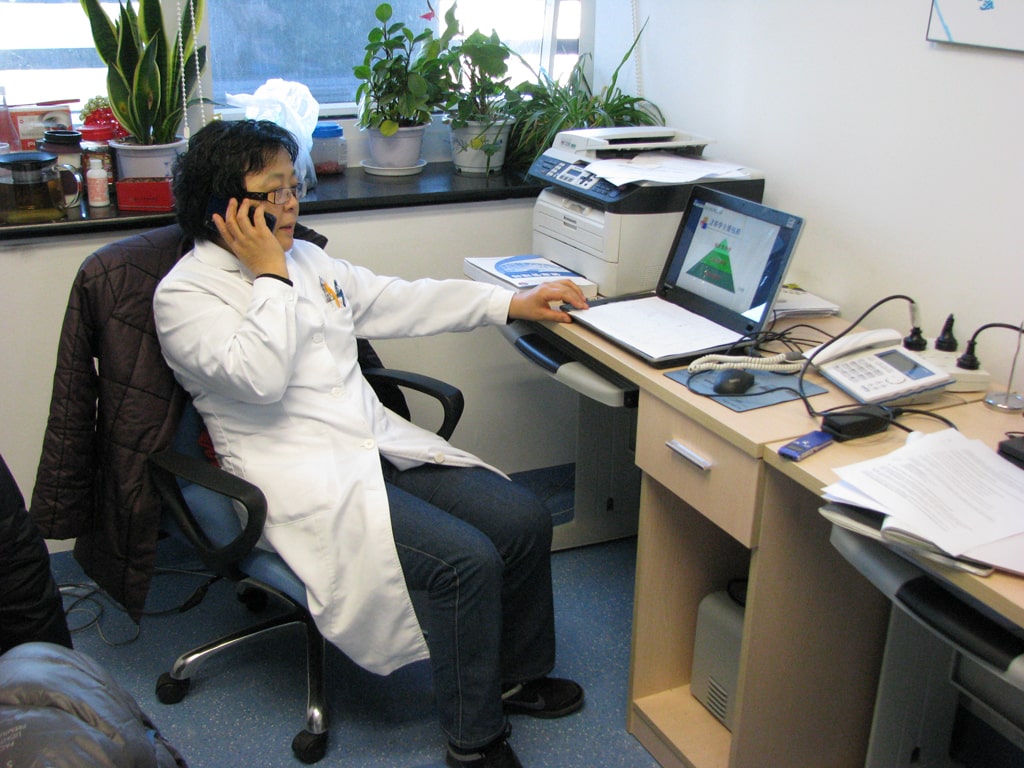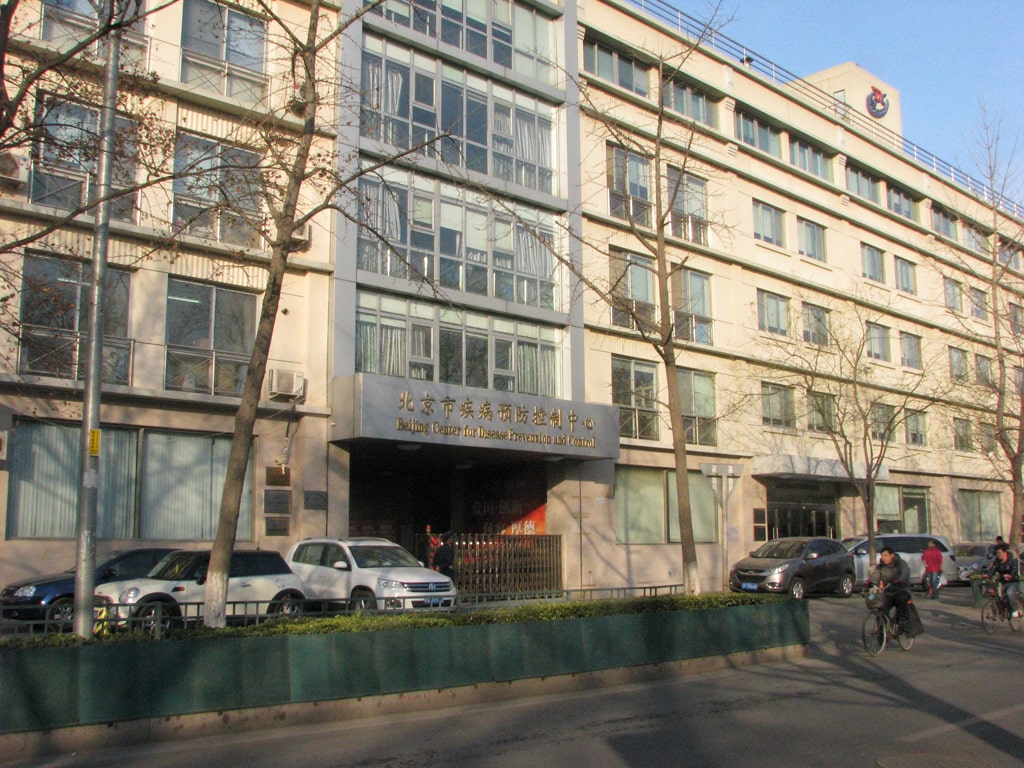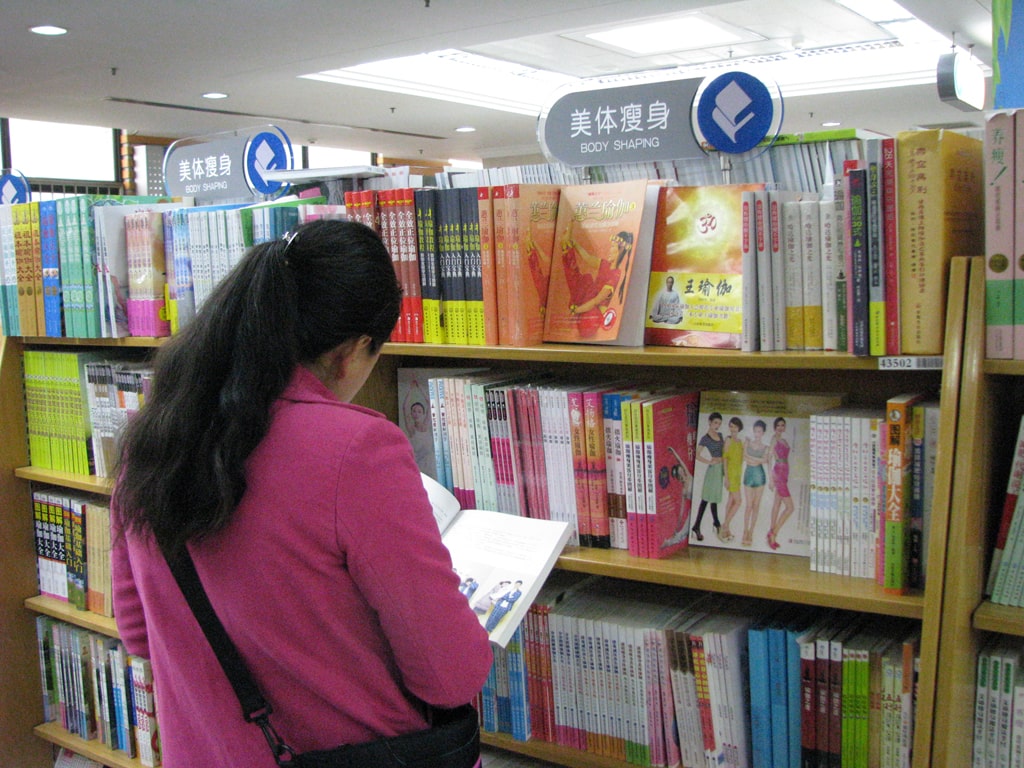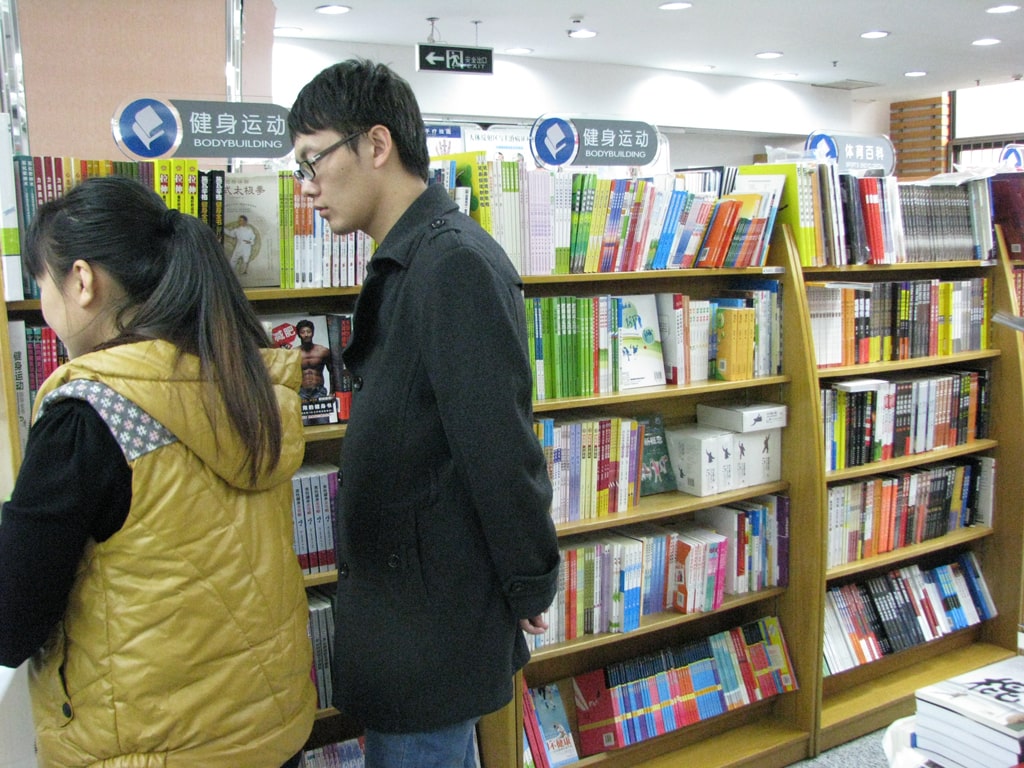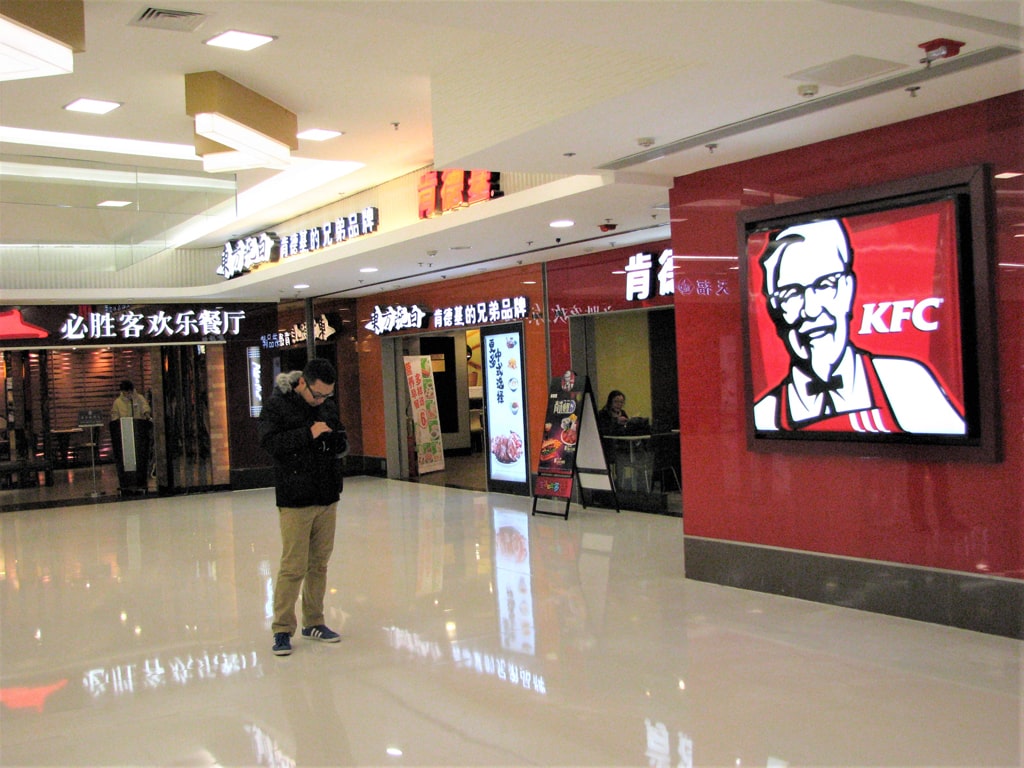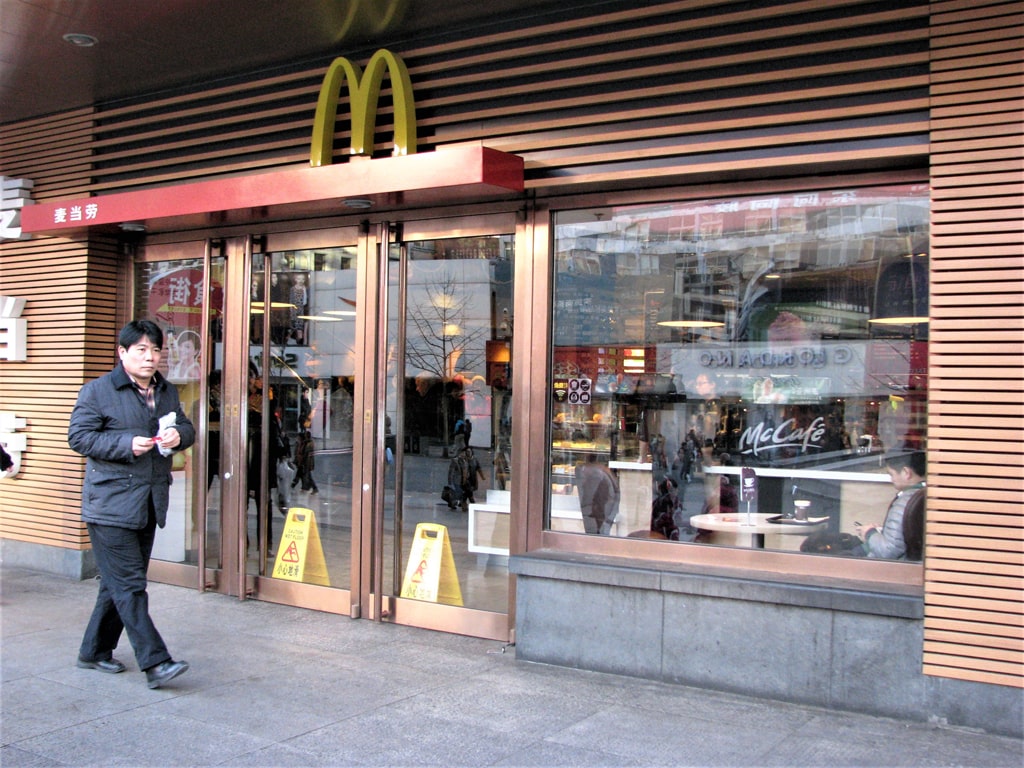
Corporate Corruption of Science
Corporate Corruption of Science
The corporate distortion of science is a critical issue of our day. Science bent to commercial ends not only undermines human and environmental health, it erodes public confidence in science. While the history of Big Tobacco’s and Big Pharma’s decades of scientific deception is now part of our cultural common sense, only recently has attention turned to corporate science created by and for Big Food — including Big Soda.
The 1990s was a rough decade for the soda industry. In the US, obesity rates were exploding. Public health critics began fingering sugary soda as a main culprit and calling for taxes on soft drinks. With profits on sugary drinks threatened as never before, Big Soda had to be defended. Coca-Cola would take the lead.
Soda Science: Making the World Safe for Coca-Cola (Chicago, Sept. 2024)tells the story of how Coca-Cola mobilized friends in academia to create a “soda-defense science” (aka soda science) aimed not at better understanding obesity, but at protecting profits by advocating exercise, not dietary restraint, as the priority solution to obesity — a view few experts accept. Written with general readers in mind, Soda Science draws concepts from the social studies of science and anthropology to track a largely hidden project of the food industry that was global in scope. That project sought to create an industry-friendly science of obesity, spread it to key markets abroad, and get it embedded in official policies on diet-related chronic disease.
The first half of the book tracks the making of soda science in the US over some 20 years (1995-2015). The second half follows Coke and its scientific advisors to Beijing to see how, working with Chinese counterparts, they got their science endorsed as authoritative and built into China’s policies on chronic disease.
Corporate science demands attention because of its hidden effects. In the US, soda science fostered a fitness culture of step-counting, health-obsessed, weight-preoccupied citizens who believe (wrongly) that they can lose weight and keep it off primarily with exercise. In China, Coke’s science shaped not just the country’s obesity policies, but its entire apparatus for managing chronic disease.
By taking readers deep inside the workings of soda science, this book enriches our understanding of corporate science while holding those who made it responsible for pointing us away from real solutions to the obesity epidemic for over 15 years. Soda Science is based on almost a decade of (noncontinuous) research in China, the US, and online
Capstone Articles
Two capstone articles on this research were published simultaneously in early 2019. The BMJ published the work as investigative journalism, while the Journal of Public Health Policy published the scholarly version.
The third capstone article delves into the inner workings of the food industry’s chief scientific nonprofit to explain how Coke and other processed food and sugary drinks companies managed to get their preferred approach embedded in China’s science and policies.
Files
Making China Safe for Coke: How Coca-Cola Shaped Obesity Science and Policy in China, The BMJ 2019;364:k5050 (published online 9 January 2019).
Soda Industry Influence on Obesity Science and Policy in China, Journal of Public Health Policy 40(1), March 2019 (published online 9 January 2019)
Interviews
The BMJ published a 25-minute podcast with BMJ multimedia editor Duncan Jarvies talking to Greenhalgh about her research. You can listen to it here:
For Students of Science and Technology Studies
Neoliberal Science, Chinese-Style: Making and Managing the “Obesity Epidemic.” Social Studies of Science 46(4), August 2016, pp. 485-510.
Media Coverage
Media interest in this work has been strong. In the first month after the BMJ article came out, the Coke-in-China story had been covered by 100 news outlets around the world.
This metric keeps track:
Here are links to a few of the stories:
Anthropology’s Importance to Public Health
This article argues that the personalistic methods of anthropology are especially effective in uncovering the hidden strategies by which corporations distort science to protect profits.
